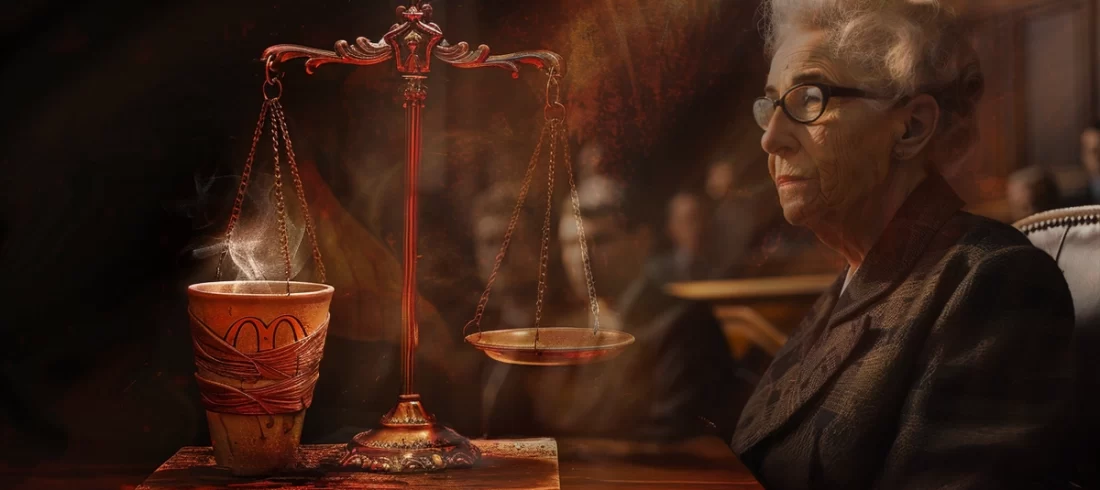If you, or someone you love, has been injured at no fault of your own—the first priority is to recover. The severity of the injuries may mean extensive and costly medical care and missed employment. Medical bills and lost wages can take their toll. Consulting with a skilled and experienced attorney is a first step during the healing process. Your attorney will also counsel you about the possible issue of “liens”.
A lien is a demand for repayment, and one that may be placed against your personal injury case recovery or settlement. Your health insurance provider may even issue a lien to recover any money allocated towards your personal injury accident treatment, and you may be required to pay back these medical expenses.
Doctors, hospitals, and other health care providers who treated you for your injuries might have a claim on part of your recovery if they have not been paid. Similarly, your health or auto insurance company may have a lien if they have paid towards your care. Physicians, hospitals, or clinics may try to force you to pay a lien by making you sign a lien agreement—or letter of protection—before they treat you. Government health insurers such as VA, Medicaid, and Medicare could have a claim as well.
There is not a need to assume that just because there may be a lien that it is not worth bringing forth your injury case. Your attorney may be able to help you minimize the amount they take from your settlement or jury award, particularly if the lien-holder is overreaching.
In an example case from 2016, a woman named Jeanette Peterson went to the emergency room at a hospital in suburban Detroit complaining of a headache that she had been suffering from since the previous night. She also told the physician’s assistant she was feeling “heaviness” in her chest and shortness of breath.
An EKG was performed and allegedly showed some abnormalities, as did her lab results, but later in the day Peterson told the physician’s assistant that she felt better—so she was discharged without further treatment. Sadly, a month later, Peterson suffered cardiac arrest that left her with brain damage. Her guardian brought a medical malpractice claim on behalf of the hospital, which settled. But after the trial judge entered final judgment, Medicaid stepped in and tried to lay claim to a significant portion of the recovery.
Medicaid’s asserted lien represented 65 percent of the settlement, cutting deep into what Peterson’s family had hoped would compensate her for her pain and suffering while helping cover her future care. Jeanette Peterson’s family argued that Medicaid was entitled only to a pro rata share of the settlement. In other words, because they settled for 21 percent of the total value of Peterson’s case, Medicaid was entitled to only 21 percent of its lien.
The judge ruled in the family’s favor, holding that Medicaid could only recover the parts of the settlement allocated to past medical expenses, not portions attributable to future expenses or pain and suffering. He also sanctioned the agency for bringing a “frivolous” motion for relief, finding that it should have known better. The Michigan Court of Appeals upheld the ruling.
Hospitals and private medical practices may also assert liens on recoveries, usually when the patient has no insurance and is getting billed directly. In some states, they can approach an injured patient who they suspect may have a legal claim and ask them to sign a waiver agreeing that they do not want Medicaid, Medicare, or their insurer billed for their care. That enables the hospital to reach into the patient’s recovery for the full cost of its care rather than satisfying itself with Medicaid, Medicare, or a health insurer’s lower reimbursement rates. If you are ever presented with such an agreement, it is wise to talk to an attorney before signing anything that could end up compromising part of a potential recovery.
Most attorneys instruct all clients to file accident-related claims with their health insurer—if insured—even though it creates a lien. This is because the health insurance lien is likely to be a far lesser amount than what would be owed to the doctors and hospitals. If using worker’s comp insurance, your employer may place a lien on the claim proceeds to cover the medical treatments paid for under worker’ comp.
Once a judge approves a lien, the person or entity holding the lien will get paid from your settlement before you do. Be aware that someone can put a lien on your settlement that is not related to your injury. Common examples of this may include taxes and unpaid child support. If a lien is approved, it is considered a legal debt that must be paid, and it remains that there is little your attorney or yourself can do about it.
Settlement proceeds are viewed similarly to proceeds from any other lawsuit by the IRS. Settlements for sickness or physical injury are non-taxable as long as the claimant did not receive a tax benefit by deducting the related medical expenses on a previous years’ tax return. If you receive a settlement, the IRS requires the paying party to complete a Form 1099-MISC showing “other income” as the money received from the legal settlement. Tax Implications of Settlements and Judgments – IRC Section 104 provides an exclusion from taxable income with respect to lawsuits, settlements and awards. However, the facts and circumstances surrounding each settlement payment must be considered to determine the purpose for which the money was received because not all amounts received from a settlement are exempt from taxes.
After liens are paid, legal costs and attorney fees are also to be reimbursed. The law firm or attorney would have already paid for the retrieval of the medical records, fees for expert testimonies as needed, deposition costs, and any other expenses directly associated with your personal injury case—so these costs are also repaid from any recovery or settlement funds.
Keeping settlement funds separate from other regular checking and savings accounts is important. It is wise to deposit any injury settlement checks into a segregated account. Refrain from including any other money with your settlement fund, because it is then called commingling funds and removes exemption or protection. As long as one can prove that all of the money in such an account is only from the injury settlement, it is protected from bankruptcy and creditors. Keep copies of the settlement check and all deposit statements with no other deposits from any other sources in the account.
With more than 100 years of combined experience, The Floyd Law Firm PC remains committed to helping those who have been injured. We understand the challenges that people face in personal injury claims and wrongful death suits. Our firm was one of the first in Surfside Beach, and we have been helping people there for over 48 years. Our focus is on ensuring that we obtain the full compensation you deserve for all of the ways that your injury has affected your life.





